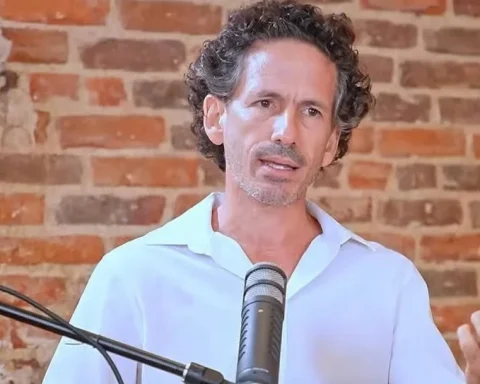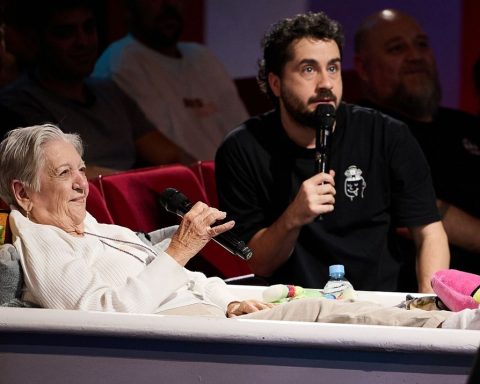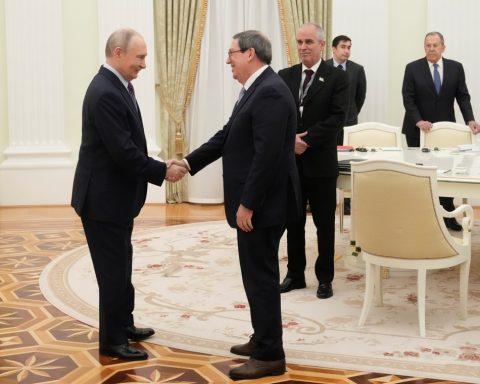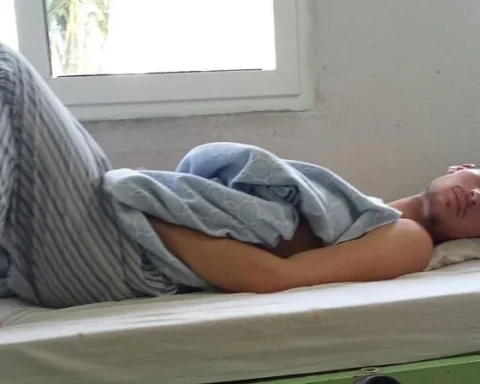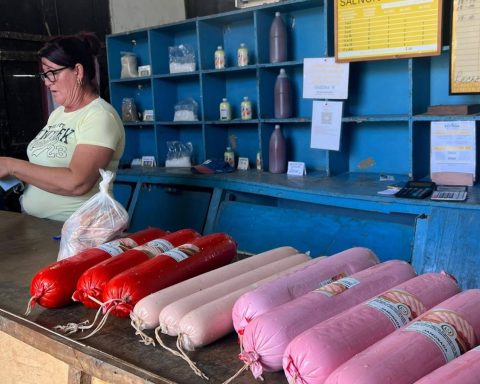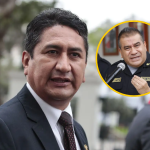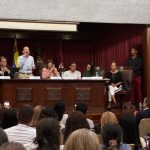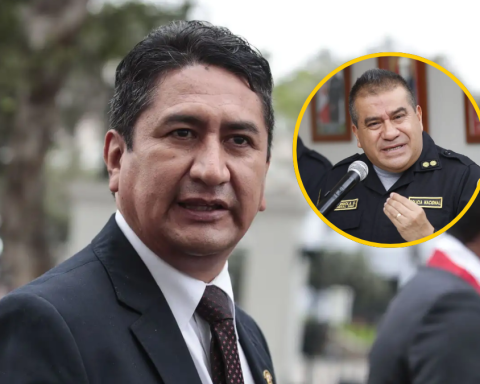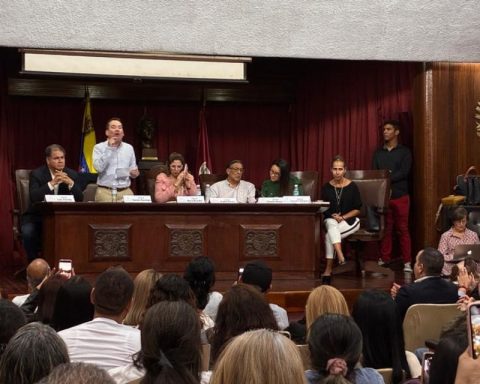From April 8 to 10, the event will organize workshops and academic courses “where Martí’s thought, his work in founding the Cuban Revolutionary Party itself, the opening of the Patria newspaper 130 years ago, will focus part of the debate,” according to Angela Benítez, Vice President of the Company in its subsidiary in Camagüey.
Guáimaro, the easternmost of the towns in Camagüey, with a notable patriotic tradition, will precisely host the closing day on the 10th, just on the date on which the first Constitution of the Republic in Arms against Spanish colonialism was approved, in 1869.
Among the conferences of the Symposium, the one that will be given by the doctor of Sciences, Matilde Varela, Patria: militant and founding journalism, in addition to Patria, Martí, Fidel and the current press, by the researcher María Delys Cruz.
When the José Martí Cultural Society reaches a quarter of a century of life, programs of this type also claim “the Ismaelillo poems (1882) of our National Hero, that love that has bequeathed us in verses, and that today we can see in its genesis in the current project of the Family Code that we are bringing to debate”, said Benítez.
The sponsorship, in addition to the Union of Historians of Cuba, the Provincial Directorate of Culture and the direct participation of the Hummingbird Project of Miniaturist Art, are also of crucial importance in the upcoming edition of a Symposium that in turn will be a tribute to the 120 years of the birth of Nicolás Guillén, National Poet of Cuba.
The greatest hero of the Antillean Revolution, José Martí, architect of the main ideas of independence at the end of the 19th century in Cuba, arrived together with another of the leaders of the deed, Máximo Gómez, at Playitas de Cajobabo, north of the current province of Guantánamo to restart the mambisa struggles against Spanish colonialism in 1895.
rgh/fam
